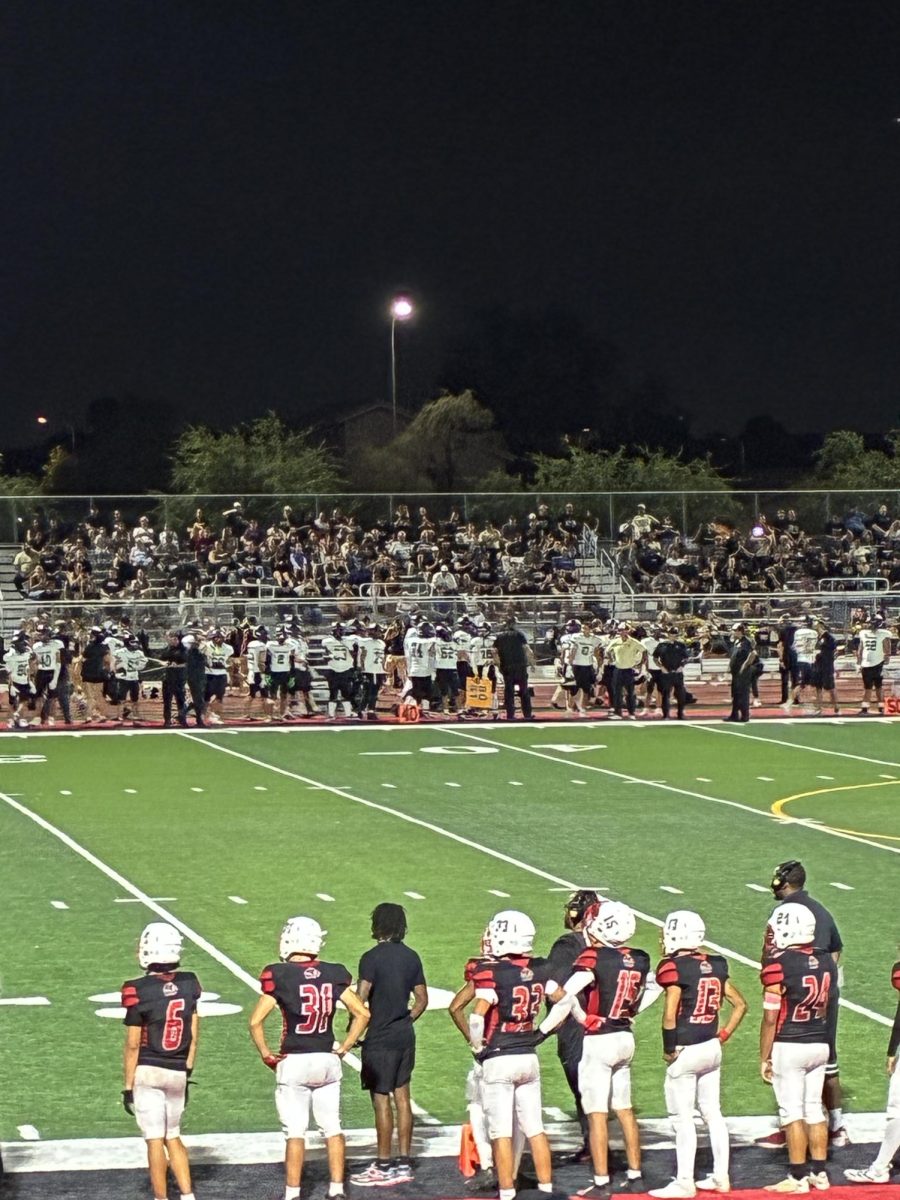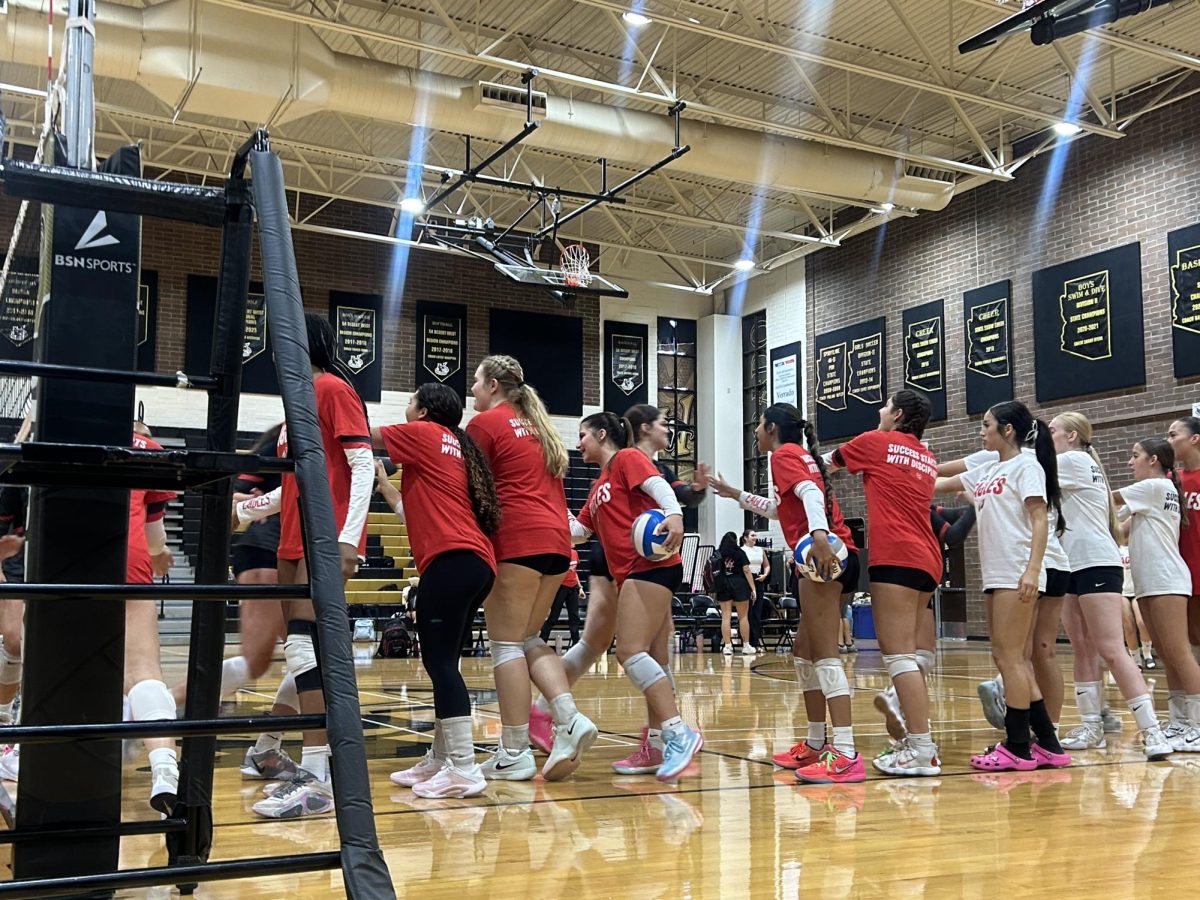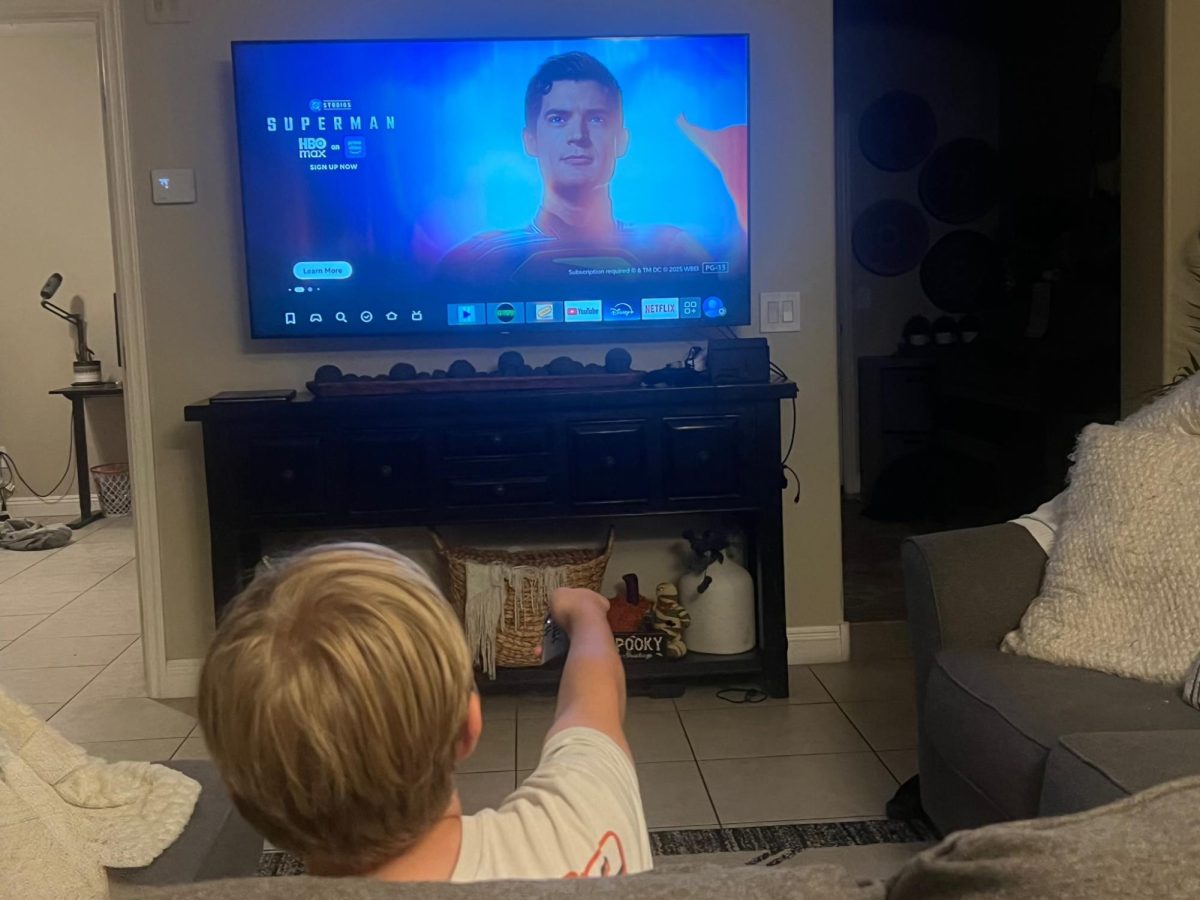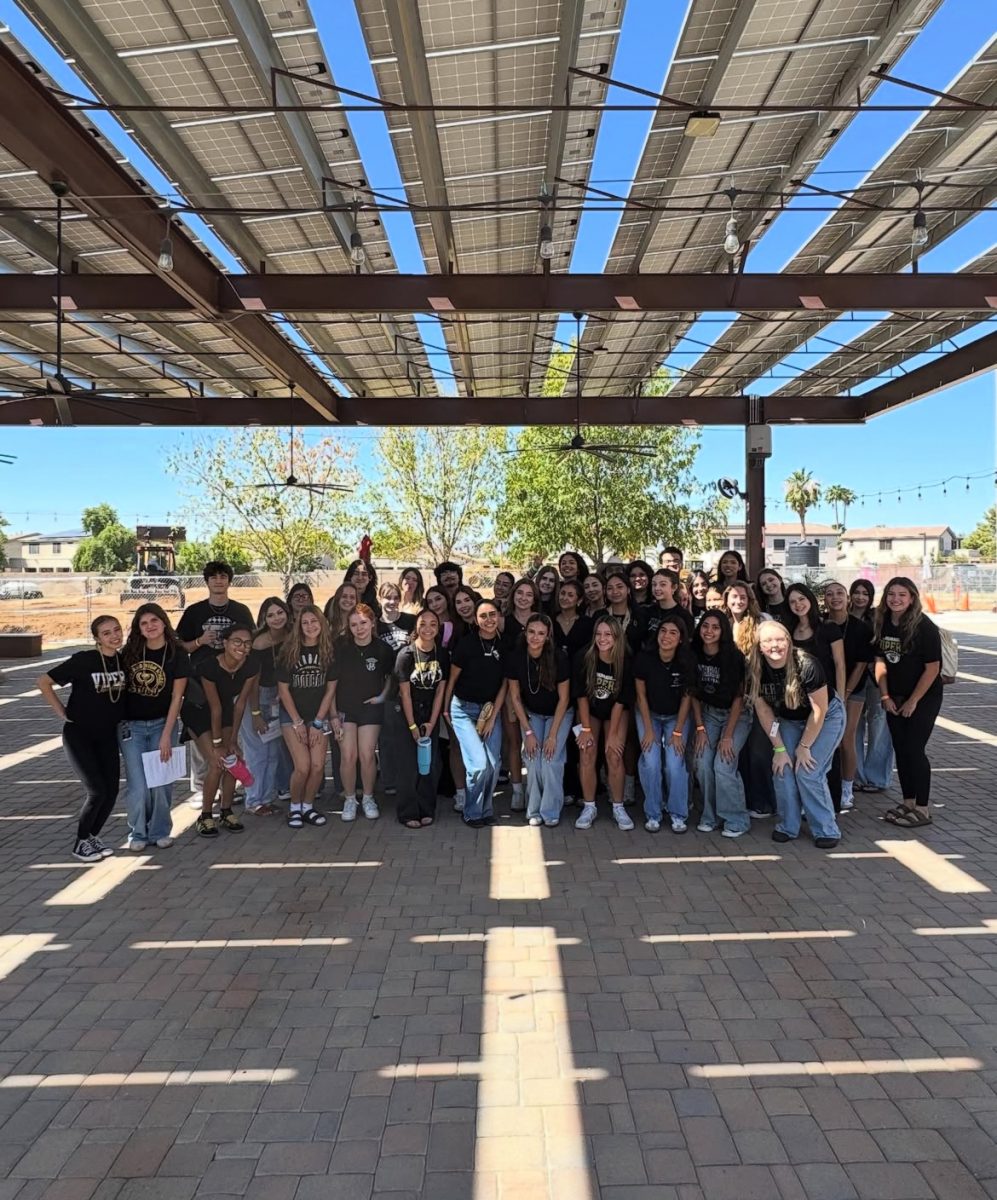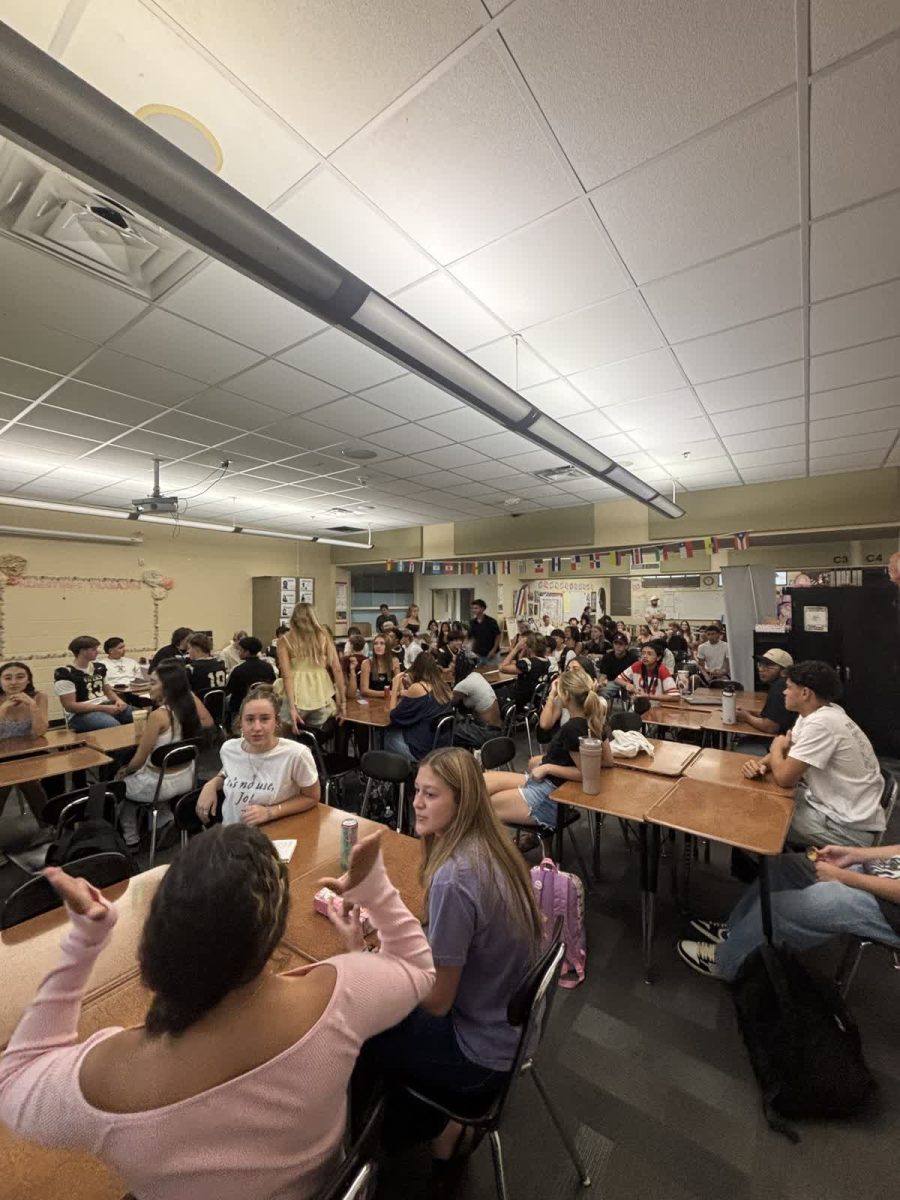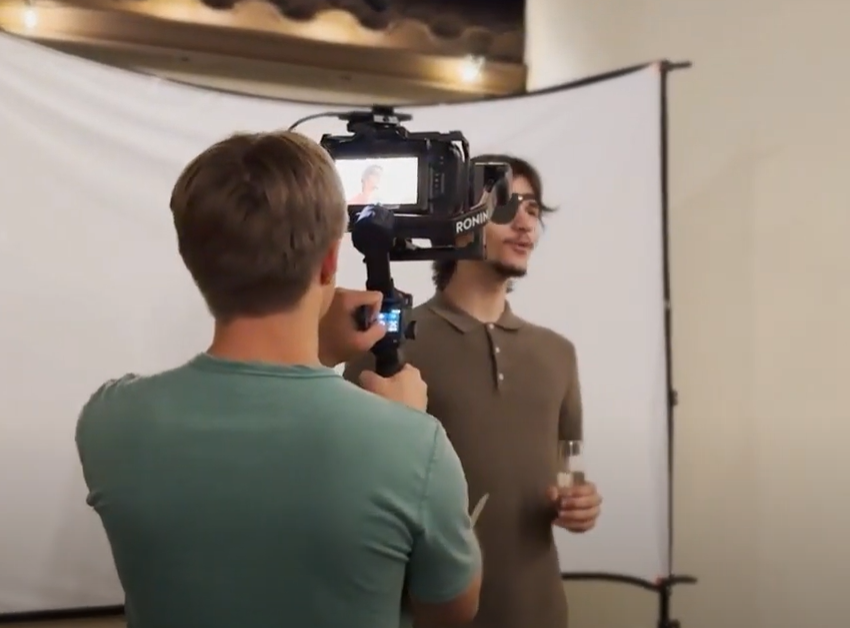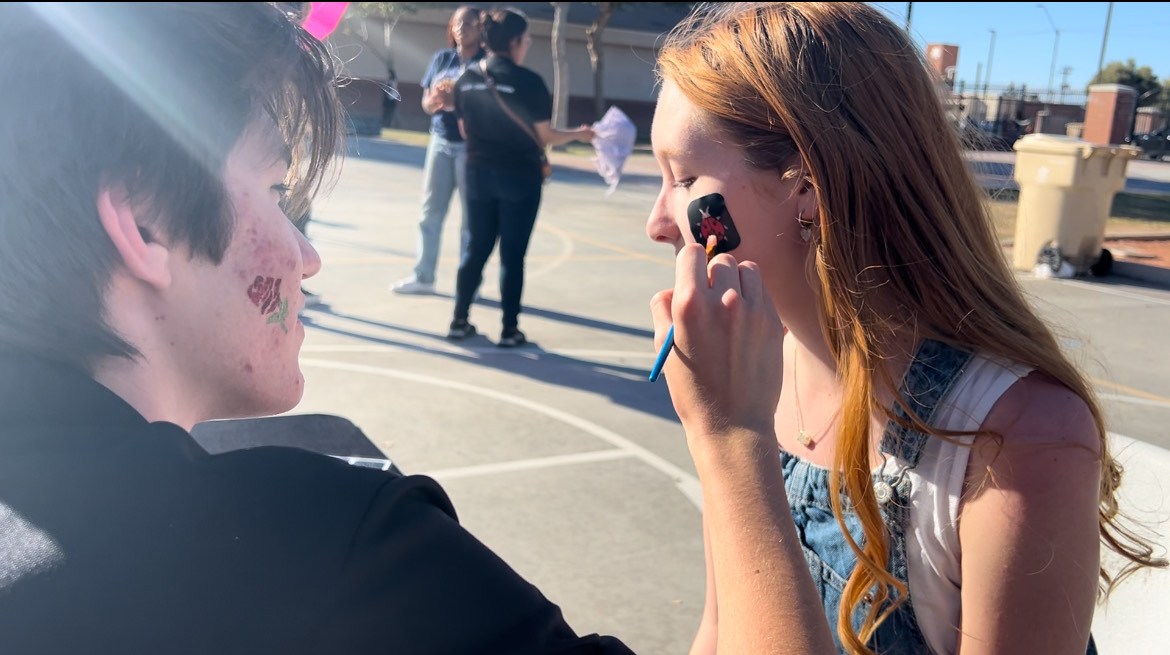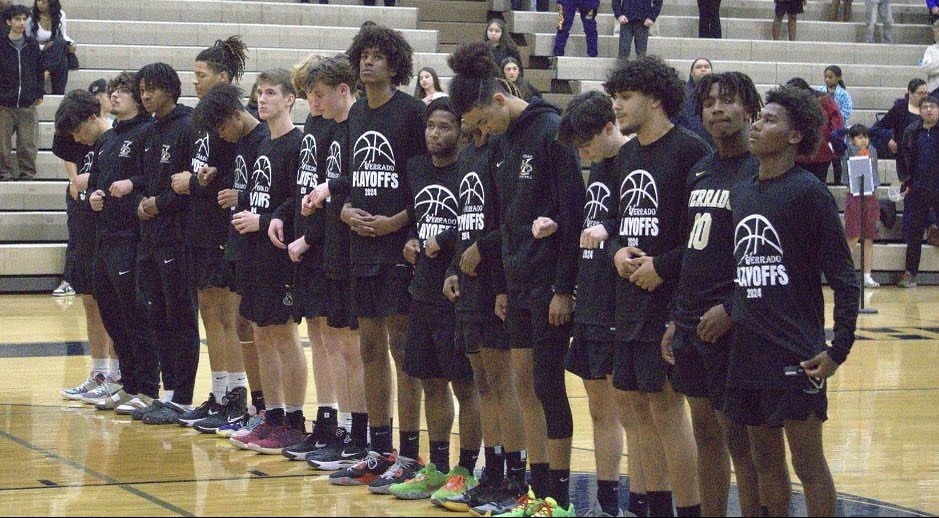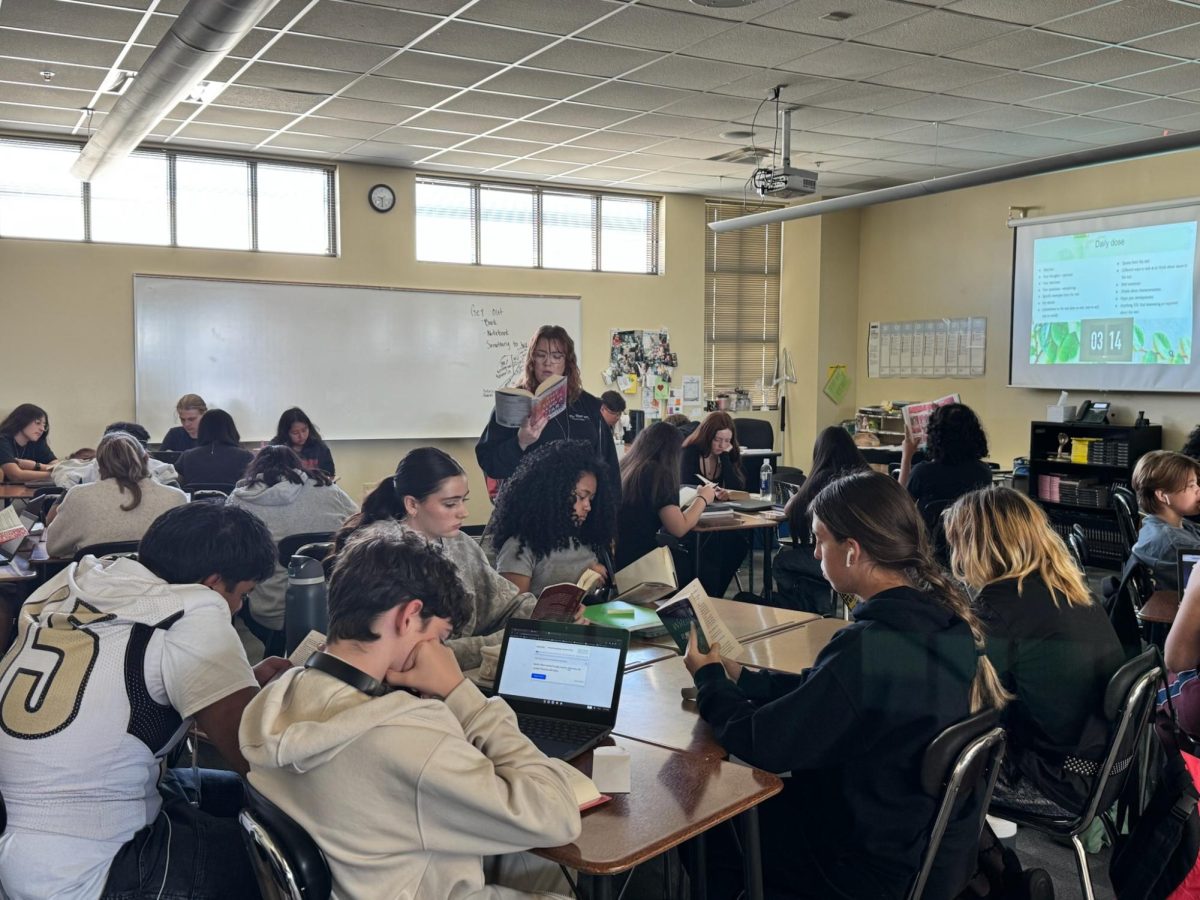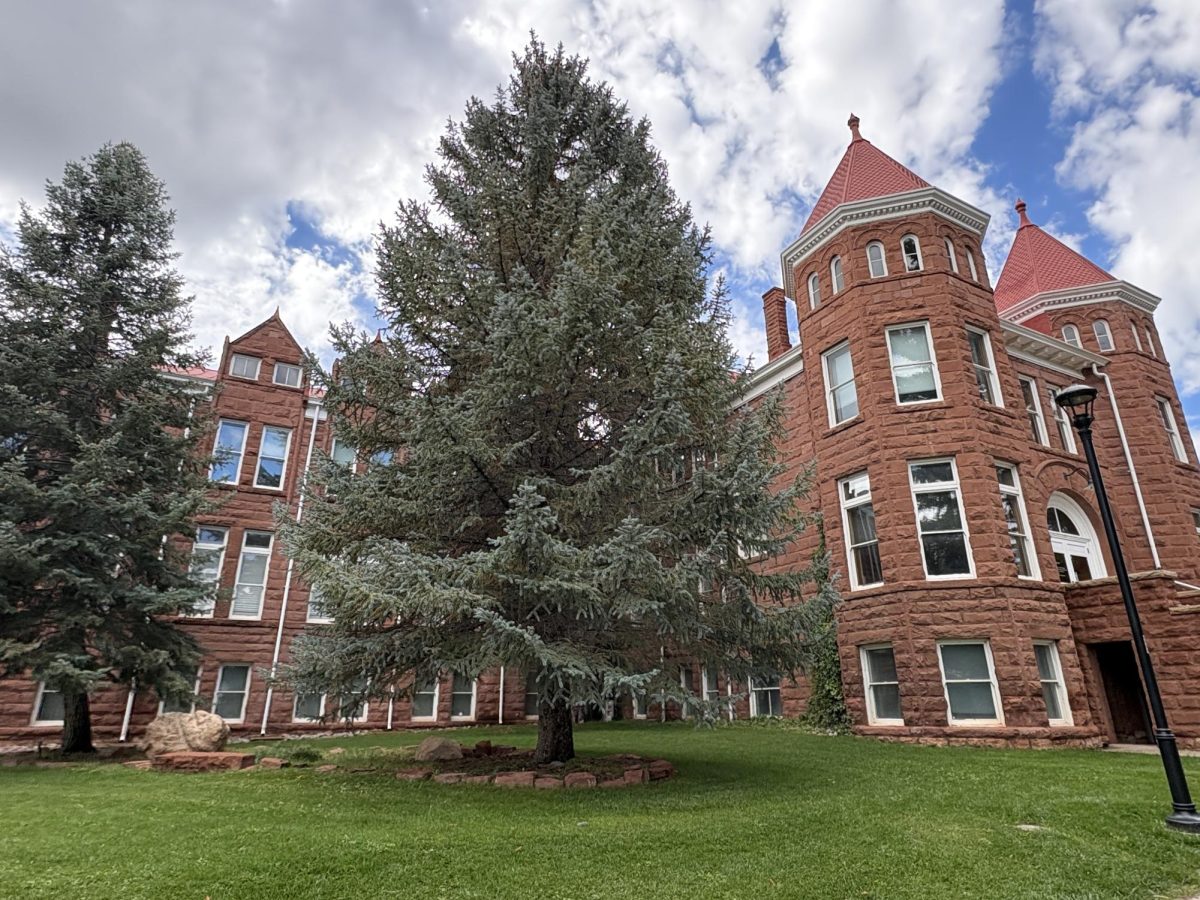As of March 14, 2025, the U.S. Department of Education’s Office for Civil Rights announced it has launched investigations into 51 universities across the country over allegations of antisemitism and failure to protect Jewish students from harassment.
The institutions under investigation are as follows: American University, Arizona State University, Boston University, Brown University, California State University Sacramento, Chapman University, Columbia University, Cornell University, Drexel University, Eastern Washington University, Emerson College, George Mason University, Harvard University, Illinois Wesleyan University, Indiana University Bloomington, Johns Hopkins University, Lafayette College, Lehigh University, Middlebury College, Muhlenberg College, Northwestern University, Ohio State University, Pacific Lutheran University, Pomona College, Portland State University, Princeton University, Rutgers University, Rutgers University-Newark, Santa Monica College.
Sarah Lawrence College, Stanford University, State University of New York Binghamton, State University of New York Rockland, State University of New York Purchase, Swarthmore College, Temple University, The New School, Tufts University, Tulane University, Union College, University of California Davis, University of California San Diego, University of California Santa Barbara, University of California Berkeley, University of Cincinnati, University of Hawaii at Manoa, University of Massachusetts Amherst, University of Michigan, University of Minnesota Twin Cities, University of North Carolina, University of South Florida, University of Southern California, University of Tampa, University of Tennessee, University of Virginia, University of Washington-Seattle, University of Wisconsin-Madison, Wellesley College, Whitman College, and Yale University.
The investigations stem from accusations that students on these campuses have engaged in antisemitic behavior, harassed Jewish students, and participated in discriminatory practices. President Donald Trump responded to the news, stating that he may consider pulling federal funding from these institutions if such activities persist.
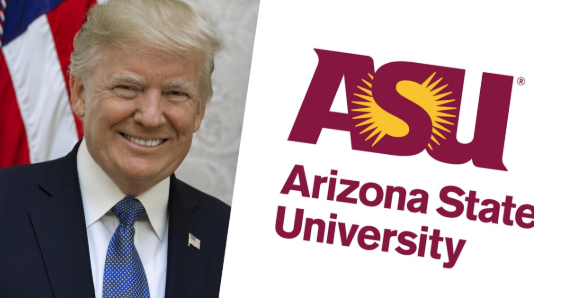
“It’s not an empty threat,” Trump said. “Last week, the administration announced it would rescind $400 million in federal grants and contracts from Columbia University because of the school’s continued inaction in the face of persistent harassment of Jewish students.”
The impact of these investigations could be widespread. Sources report that the Diversity, Equity, and Inclusion (DEI) program at Arizona State University may face significant restructuring as a result. The Diversity, Equity, and Inclusion Program aims to create a welcoming environment for individuals from various backgrounds and to remove barriers that may hinder participation. These programs are designed to foster diversity and ensure that everyone has equal opportunities to succeed.
Trump’s administration has pushed for an overhaul of DEI initiatives, with a stated goal to “end radical and wasteful government DEI programs and preferencing.” This stance has sparked debates about the future of students currently involved in such programs, as well as concerns over the potential elimination of DEI-related courses, including language studies.
State legislators have also targeted DEI initiatives by proposing cuts to language programs at ASU and other universities. In response, ASU has made adjustments across various platforms, including renaming graduation ceremonies and revising LGBTQ+ resources to align with the evolving political climate and federal regulations. Additionally, organizations like the Goldwater Institute have campaigned against DEI policies at universities, filing lawsuits and issuing reports on DEI training programs.
A faculty member teaching LES 394 at Arizona State University explains that DEI initiatives “are designed to make up for systemic and historical imbalances, both socially and in workplaces.” Harvey, a faculty member, argues that DEI programs help ensure diverse representation, fair treatment, and inclusion, ultimately making sure every student feels welcome.
During a recent conference meeting, Arizona Senator Jake Hoffman proposed Senate Bill 1256, which would ban the use of DEI programs for hiring, training, or promotion by state entities. Hoffman aligned his proposal with actions taken by former President Donald Trump at the federal level. He cited an example of an assistant fire chief who allegedly told a candidate that a current employee—a leader in their field—was not being promoted because he was a straight white male. “That is DEI,” Hoffman said.
Given the recent developments, I believe there should be some limitations on how much students can protest. While students certainly have the right to protest, as guaranteed by the Constitution, it is unjustifiable for Jewish students to face physical harassment in the process. I believe the actions of some protesters should be addressed to demonstrate that behavior has consequences—not just for the individual but for those around them as well.
As these changes unfold, the debate intensifies. Should the government push for an executive order defunding universities that fail to address antisemitism? Should pro-Palestinian protests be permitted at the cost of Jewish students’ safety? These questions remain at the forefront as the investigations continue and universities grapple with the consequences of federal scrutiny.



